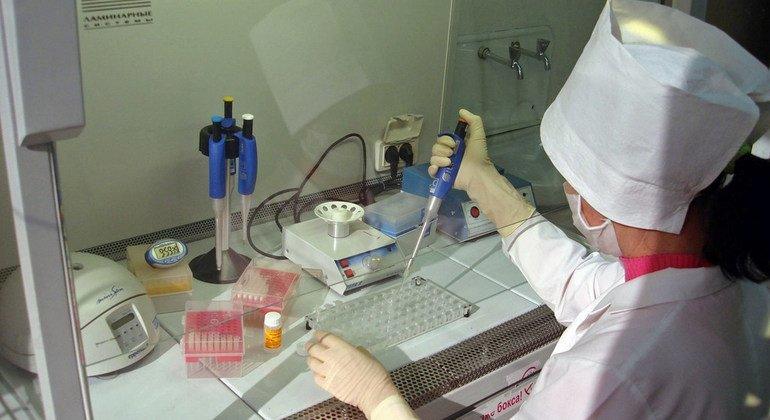Member States in Rome, FAO officials have called for urgent action to strengthen the mechanisms of biosecurity, surveillance and rapid response to brake the epidemic.
Deputy Director General of FAO, Godfrey Magwenzi, stressed that the crisis threatened to have “serious effects on food security and food supply in countries, Including the loss of precious nutrition, jobs and rural income, shocks for local savings and of course increase costs for consumers. »»
With millions that rely on poultry for meat and eggs, the challenge is not only to contain the virus but also to protect food production systems.
The economic impact is also felt around the world. For example, egg prices have reached a record level in the United States in February according to the American consumer price index, farmers forced to massacre more than 166 million birds so far in total that avian flu has spread – mainly chickens weighted by eggs.
So far, this year, more than 30 million birds in the United States have been killed, reports.
Coordinated response required
Deputy Director General of FAO, Beth Bechdol, underlined the need for a global and coordinated response, calling H5N1 A “cross -border” threat that no country can approach alone.
To fight against the crisis, the FAO and the World Animal Health Organization (WoAH) launched a global strategy of ten years for the prevention and control of the strong avian flu with high pathogenicity.
“A chain is as strong as its weakest link. By working together, we can reduce the impact of avian flu and protect animal and human health “Locally and worldwide,” said Ms. Bechdol.
Over the past four years, H5N1 has extended to new regions, causing massive losses in domestic birds, disturbing food supplies and increased poultry prices.
At least 300 new species of wild birds have been affected since 2021, constituting a serious threat to biodiversity.
Collective action and innovation
FAO has reaffirmed its commitment to global surveillance, data sharing and technical advice to help countries contain the virus.
Ms. Bechdol also underlined the importance of the commitment of the private sector, in particular in Develop high -quality animal health vaccines, diagnostics and animal services.
The briefing also included a third call to finance proposals under the Pandemic Fund, organized by the World Bank.
Over the past two years, FAO has co-directed dozens of pandemic fundraising projects to strengthen disease monitoring, early alert systems and health infrastructure to prevent future epidemics.




